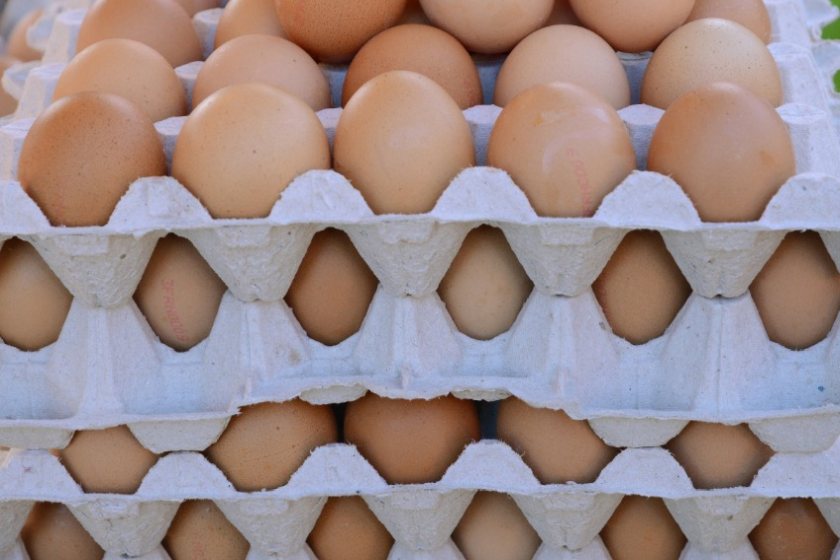
More food companies are making global cage-free egg commitments, with 65% of eggs in the UK now cage-free, according to the latest EggTrack report.
The expansion of commitments beyond just regional policies has been highlighted in the sixth annual EggTrack report, published by Compassion in World Farming.
EggTrack measures and encourages the transition to cage-free eggs by reporting progress against the cage-free commitments of major food firms.
There are 232 companies monitored in the report, of which 103 operate globally, 52 operate only in North America or the US, and 76 operate in Europe.
Of the 232 companies, 175 (75%) report progress against their cage-free commitments, an increase from 71% in 2021, with an average 79% transition to cage-free.
Of the companies that reported global progress, their cage-free sourcing increased from 55% in 2021 to 63% in 2022.
In 2022, of the 58 firms with global commitments, 34 (59%) reported progress against these commitments.
One company that has successfully achieved 100% cage-free production throughout its global business is Danone.
Cees Jan Hollander, global farming expertise manager at Danone, said: “Danone has been working on animal welfare for many years, embedding it as a key pillar of its regenerative agriculture strategy.
"When we took our commitment to cage-free eggs and egg ingredients in 2018, we knew it wouldn’t happen overnight and that we would need to work closely with our suppliers.
"But we persisted and reached our target of 100% cage-free eggs and egg ingredients in 2020.”
Market data included in the report shows that the cage-free flock in the European Union has continued to grow from 52% in 2021 to 55% in 2022.
EggTrack says that of the 128 companies with European commitments, 109 firms reported progress (85%) with their supply chains now standing at an average 84% cage-free.
In the UK, 65% of eggs are now cage-free and the decline in caged eggs produced, down to 35% share of production, is accompanied by a concurrent increase in free-range, up 59% of production, and, to a lesser extent, organic production (4%). Barn production remains unchanged at 2%.
The progress comes against the backdrop of the ongoing effects of Covid-19, the war in Ukraine, the impacts of inflation and recent increases in cases of the avian influenza.
Dr Tracey Jones, global director for food business at Compassion, said that despite difficult economic times, companies were still going ahead with their cage-free commitments which 'should be applauded'.
"It's fantastic to see an increase in global commitments from leading companies who are showing a reasonable transition to cage free," she added.
“Going forward, companies must address all egg categories in their commitments and ensure the cage-free systems they transition into are fit for purpose."
